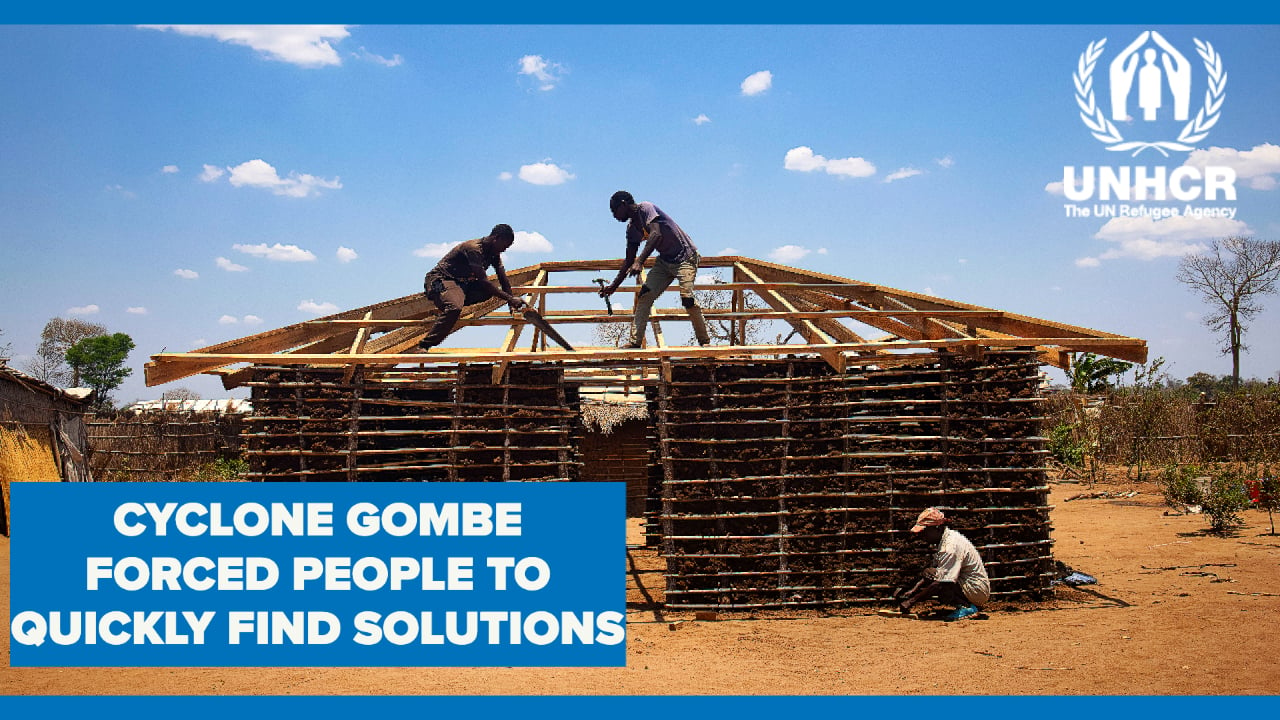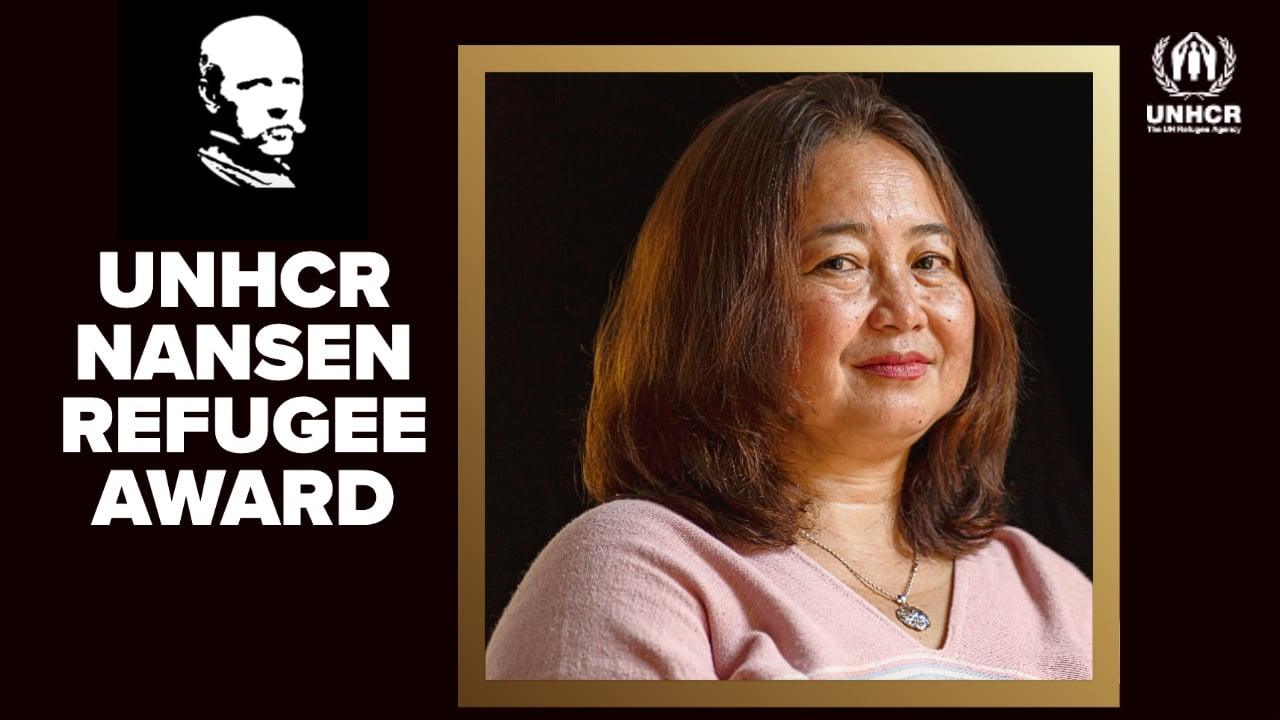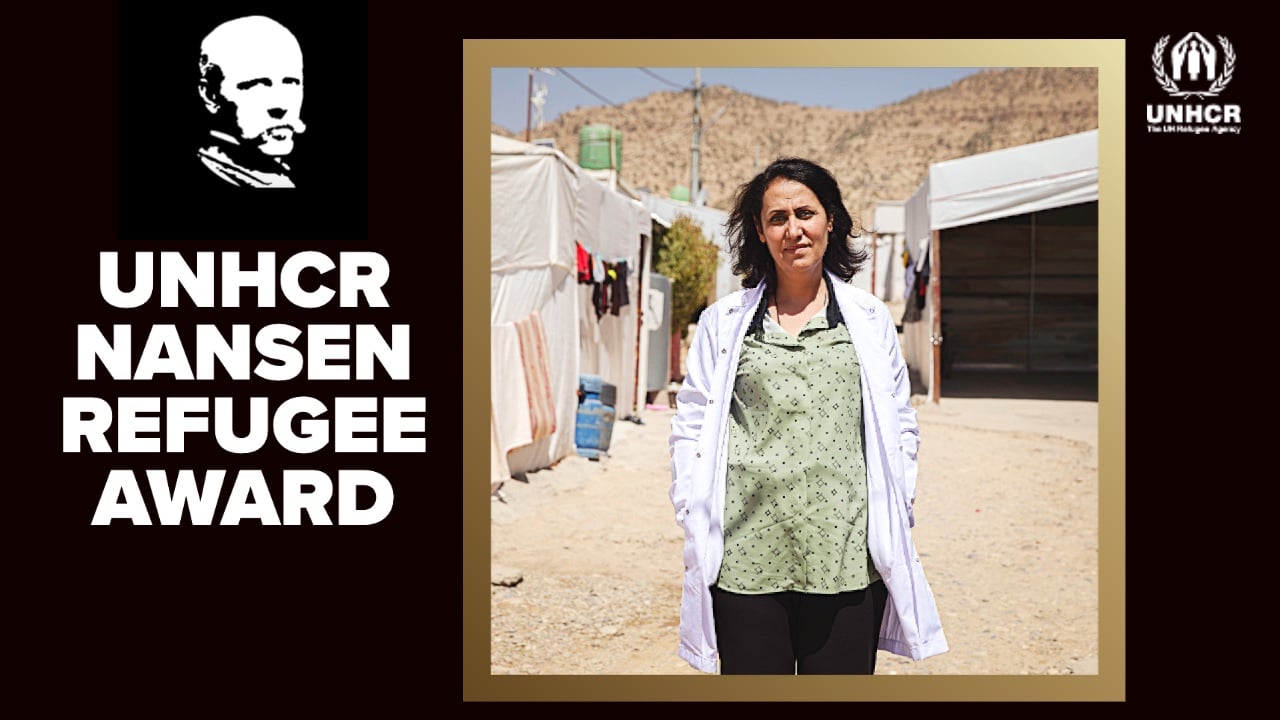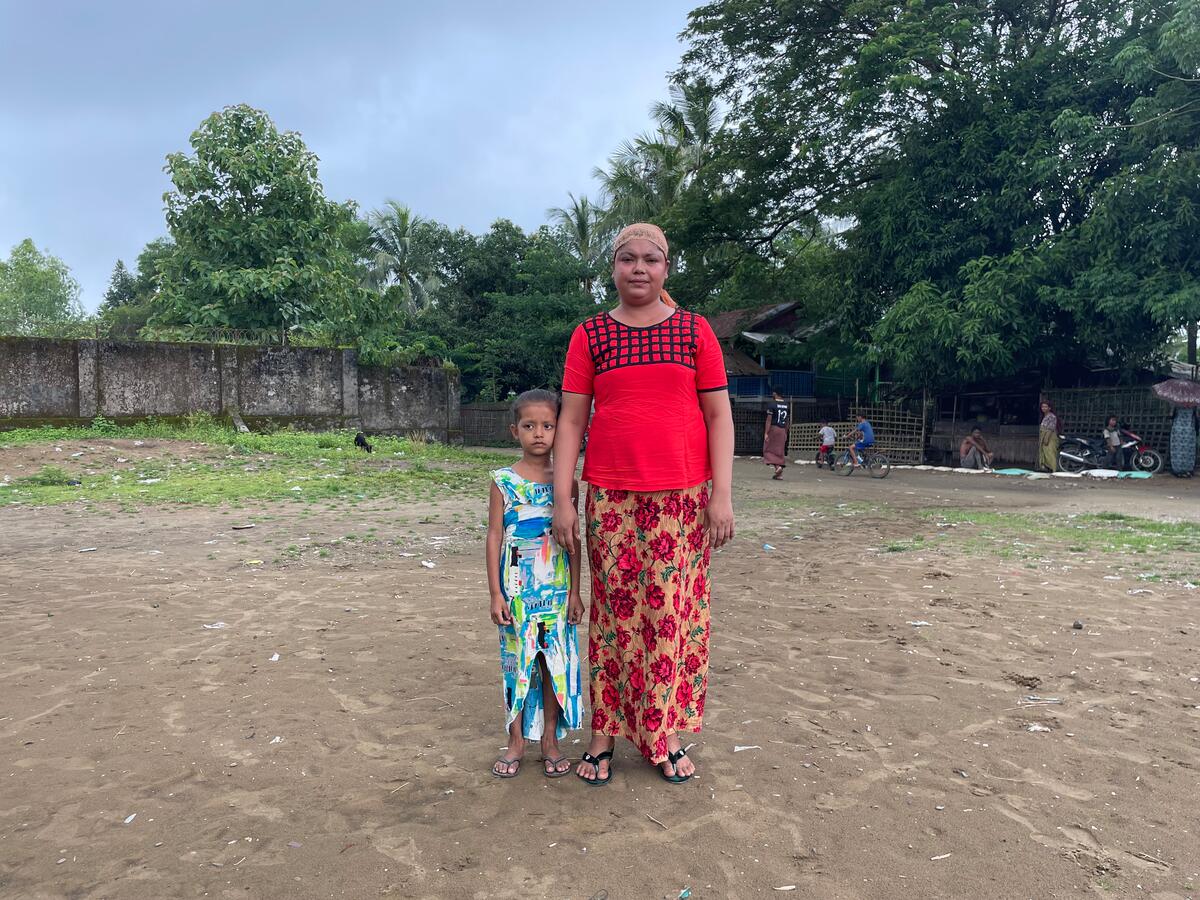UNHCR regains access to 35,000 refugees in RoC
UNHCR regains access to 35,000 refugees in RoC
In the last few days UNHCR teams have regained access to some 35,000 Congolese refugees scattered on the Republic of Congo (ROC) side of the Oubangui River. The group is part of some 114,000 refugees who have fled clashes sparked by fishing and farming disputes in Equateur Province in north-west Democratic Republic of the Congo (DRC) last October.
Pacifying operations by the DRC military against ethnic militias in Equateur had prevented access for the past five weeks, but with the recent lifting of security restrictions we've been able to resume humanitarian assistance. Our teams will also be looking at reports of new refugee arrivals from the DRC.
The 35,000 Congolese refugees in question are living in 36 sites on the Oubangi River between Doungou and Liranga, some 320 kilometres further south. This area extends from our main logistics base in the regional capital of Impfondo, some 700 kilometres by air to the north of Brazzaville.
As of mid-last week our staff has been able to resume individual registration of refugees. They are also seeking to verify the number of new refugee arrivals from Equateur where further deadly assaults by Enyele militia were reported in the town of Mbandaka in early April. Similar attacks late last October sparked the influx into ROC, prompting UNHCR and other UN agencies in March to mount a US$ 59 million emergency appeal for food, shelter, water, education, health care and other needs.
The refugee situation in this corner of Africa is among the most complex logistical operations UNHCR faces anywhere. The 114,000 people we're trying to help in this area are scattered in some 100 sites along a 600 kilometer stretch of the Oubangui River which separates Republic of Congo from the Democratic Republic of Congo. Most of the DRC refugees are located to the north of Doungou. Reaching people across such an extended and remote area presents enormous challenges. All our staff, resources and assistance must be flown to Impfondo where they are loaded onto speedboats and barges which navigate the Oubangi River. This is the only way for our staff to reach these refugees and deliver much needed aid. The operation is consuming a lot of time and resources. For example, it took our teams more than two days to travel by boat the 287 kilometres between Impfondo, the provincial capital of northern ROC, and Liranga.
Meanwhile in DRC, we are planning to reinforce our presence in Equateur province where it's estimated that a further 30,000 people have been internally displaced.








